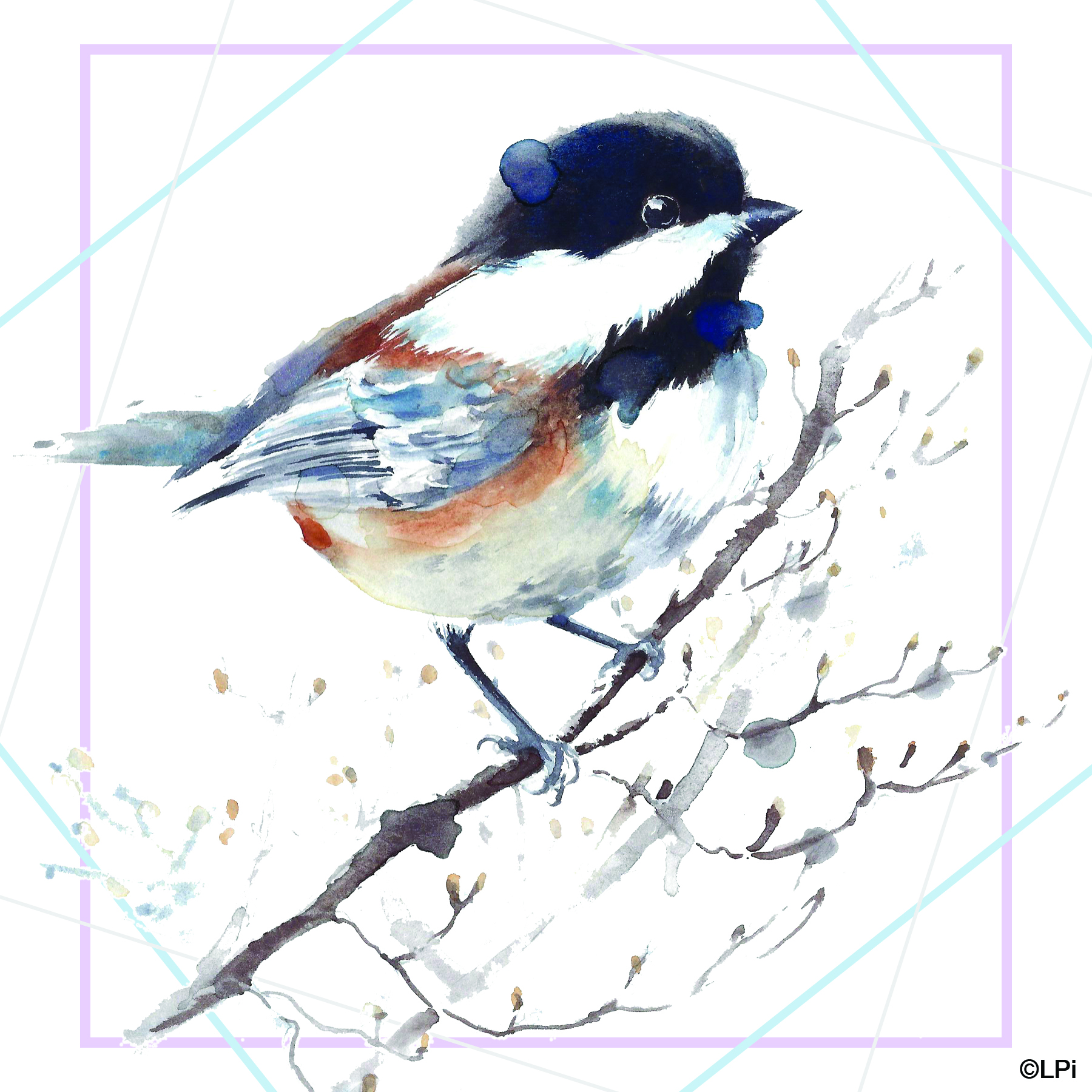Backyard Observations – Embers from the Fire
January 16, 2022

Backyard Observations – 01/14/2022
It was really “country” when we moved out here 31 years ago. The city has definitely closed in, but we are fortunate to still live on the edge of country. There is about thirty acres of woods to the north and over 100 acres of wetland/nature conservancy immediately to the west of our five acres. We planted some trees a couple of years before we even built the house; some of them are good size now. This mixed habitat is a bird magnet, and I enjoy watching whatever show is going on whenever I get a chance to gaze out one of the windows. Here’s some recent observations.
We have planted a number of fruit-bearing shrubs and seed-bearing shrubs to attract birds to our yard. Birds are not known for patience; they live for today. Many of the fruit-shrubs were picked clean before the fruit even had a chance to ripen. By mid-November the seed-bearing shrubs were stripped bare.
Birds do not hope. We didn’t start feeding the birds until December because there was plenty of natural food for them until snowfall. But as it got whiter and colder, we started filling the feeders out of sense of wanting to help the birds through winter and selfishly wanting to attract birds into the yard for our own pleasure. If the feeders went empty for even a day or two in between trips to restock our seed supply, the birds simply abandoned our yard altogether. We noticed that even when we did refill the feeders that it took two to three days for the birds to come back.
Birds must watch and listen to other birds. The couple of times that we ran out of seed for a couple of days I paid attention to the return of the birds. The juncos always showed up first, usually early in the morning. The finches and chickadees soon followed. It usually wasn’t until the late afternoon that the doves and jays and woodpeckers showed up. Even though it took the birds a couple of days to rediscover the feeders, once they did the yard was aflutter with constant comings and goings.
For all creatures avian it is a “dog eat dog” world. Because birds are low on the food chain, they are skittish. Birds understand this and actually use it against each other. Finches for example will fly in quickly to scare other finches off of the feeder. Many times, the flushed bird alights in a nearby tree as they realize that they are not being pursued. You can almost read their mind as they look back only to discover that they were fleeing a fellow finch or other small bird their same size. Then they flit back on the feeder in an attempt to scare some other bird away. They take turns scaring each other and feeding for much of the day.
There is a pecking order in the world of those who peck. We put out several suet cakes for the woodpeckers. It is amusing to see how often they feed in order. The littlest downy woodpeckers are always first. They don’t get too much time before the slightly larger hairy woodpecker chases them off. The much larger ladderback woodpeckers are usually next. We have even had a pair of pileated woodpeckers frequenting our yard many days this winter. They are always last to the feeder, but when they do show up all the other assorted woodpeckers go elsewhere.
Sometimes though size is a detriment. Crows will show up occasionally. They are too big for the seed feeders, but they are not above accepting unintended charity. They position themselves under the feeders and wait for the smaller birds to spill the seed overboard. There is always enough seed spilled for the crows to fight over. The only birds the crows will yield to are those occasional days when a flock of turkeys works through the yard. By the time the turkeys are finished cleaning up there usually isn’t enough left for the crows to battle each other for.
The regular guests are entertaining, but I always appreciate the unusual visitor. Two years ago, we had four hen pheasants come and scratch under the feeders every day until the spring melt. I treated them like the queens they were and even threw handfuls of seed on the snow to ensure that they kept coming. No long-term bonds were formed even though they eventually got used to seeing me watching them, as they stopped coming as soon as the snow melted and they haven’t returned.
No doubt our yard, and winter, and my life would be much emptier without those feeders. Maybe we are helping them survive these challenging and chilly days, but most certainly they are helping me survive these challenging and chilly days.
His Peace,
Deacon Dan
